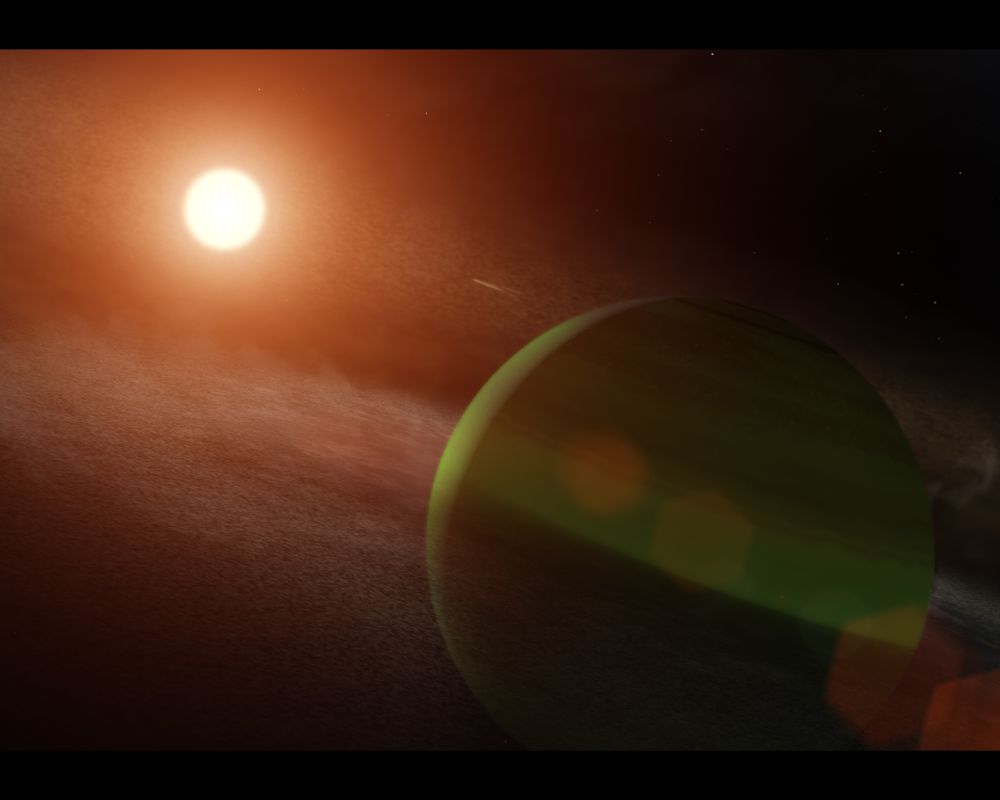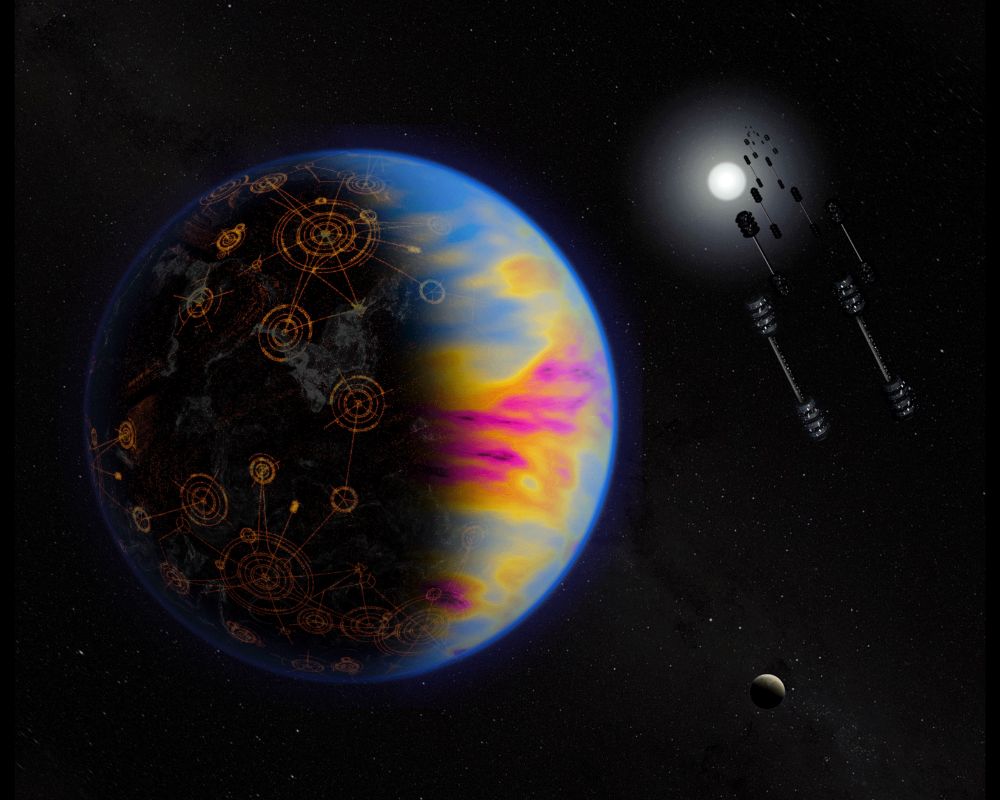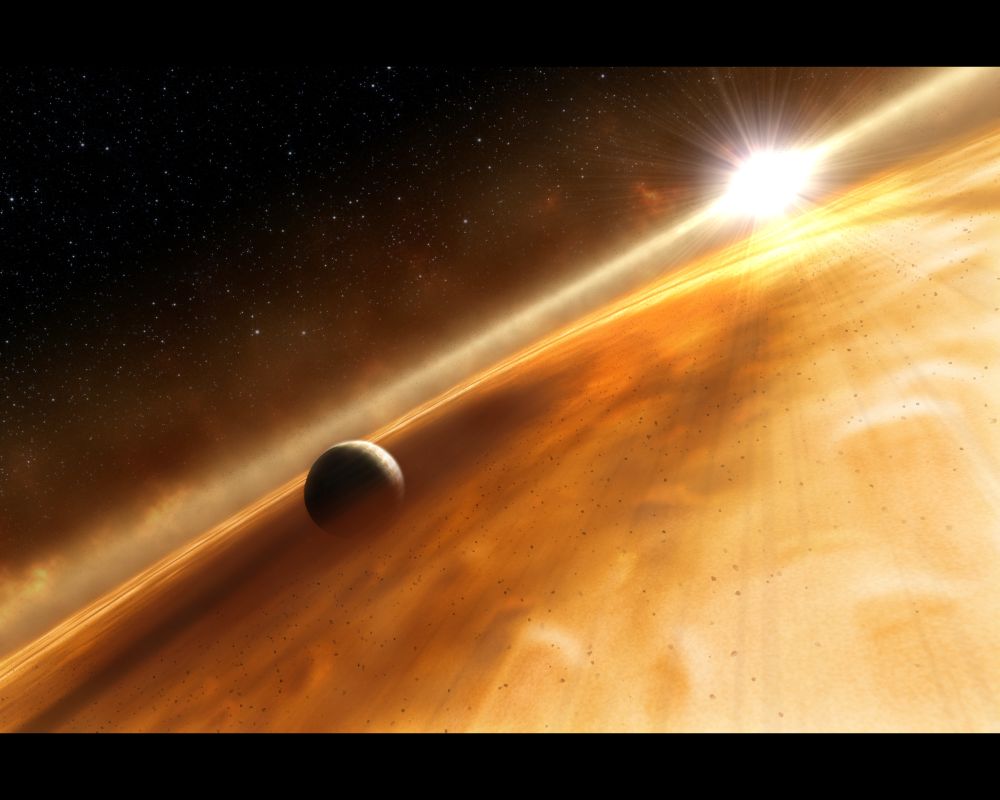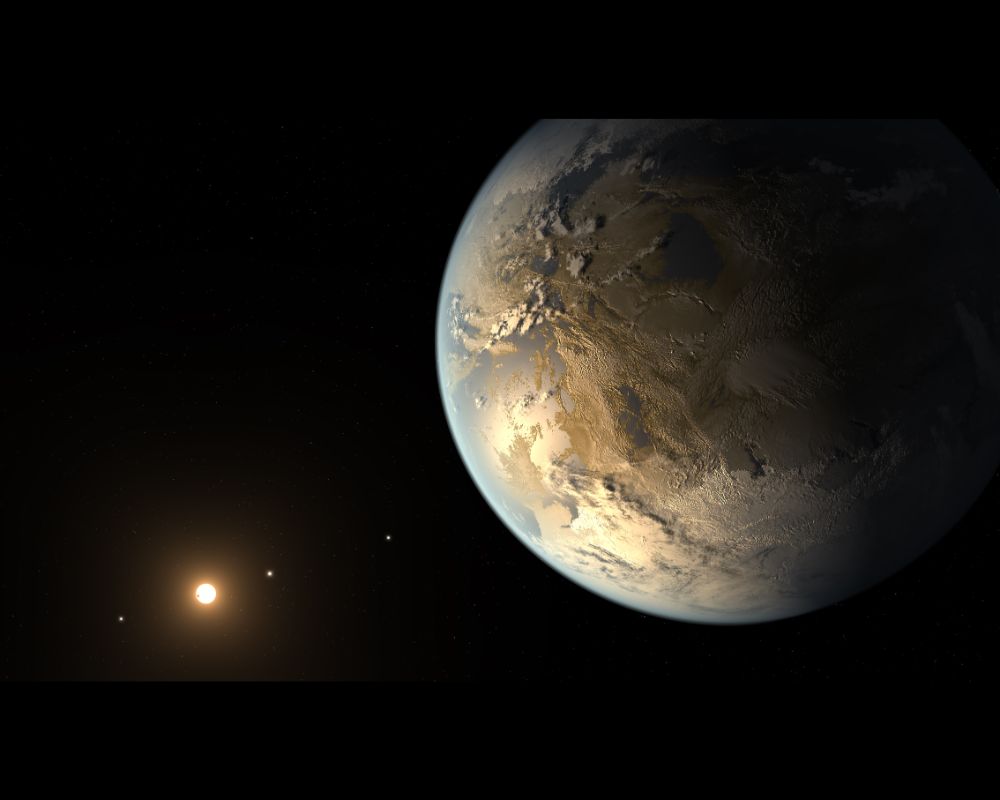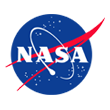ABOUT US
Sellers Exoplanet Environments Collaboration
A multidisciplinary effort at NASA Goddard Space Flight Center to study the broad diversity of exoplanet environments
The Sellers Exoplanet Environments Collaboration (SEEC) brings together multi-disciplinary researchers from the Planetary, Earth, Astrophysics, and Heliophysics science divisions at NASA’s Goddard Space Flight Center to study exoplanet atmospheres and climates. Using a wide range of scientific and technical resources, SEEC scientists inform current NASA exoplanet observations and prepare for future missions.
Events
SEEC supports on-going seminar series as well as special retreats, symposiums, and workshops. Learn more by clicking on the boxes to the right.
SEEC 2024 Symposium
Recent exoplanet surveys from the ground have discovered myriad nearby systems that are non-transiting. Currently, the number of known non-transiting systems dominate by a factor of two compared to transiting ones within 20 pc, and by a factor of 9x within 10 pc. SEEC will host a interdisciplinary symposium which will focus on exploring pathways to characterize non-transiting planets - in particular, the regions of planetary parameter space that are not well represented in transiting planet characterization studies. Check this page for more information.
Technosignature seminar series
Observing the atmospheres of exoplanets can reveal a lot about their composition and history. These observations may even contain signs of current or past habitability. The NASA GSFC technosignature seminar series explores what sort of evidence advanced civilizations may leave behind that could be detected by future missions. Click here to watch past talks and to find the schedule of future meetings.
GSFC Extrasolar Planets Seminar Series
The GSFC Exoplanet seminar series is hosted virtually every other Thursday featuring GSFC and external exoplanet scientists. Topics range from observations and atmospheric modeling to planetary interiors and orbital dynamics. Click here to watch past talks or learn about future speakers.
